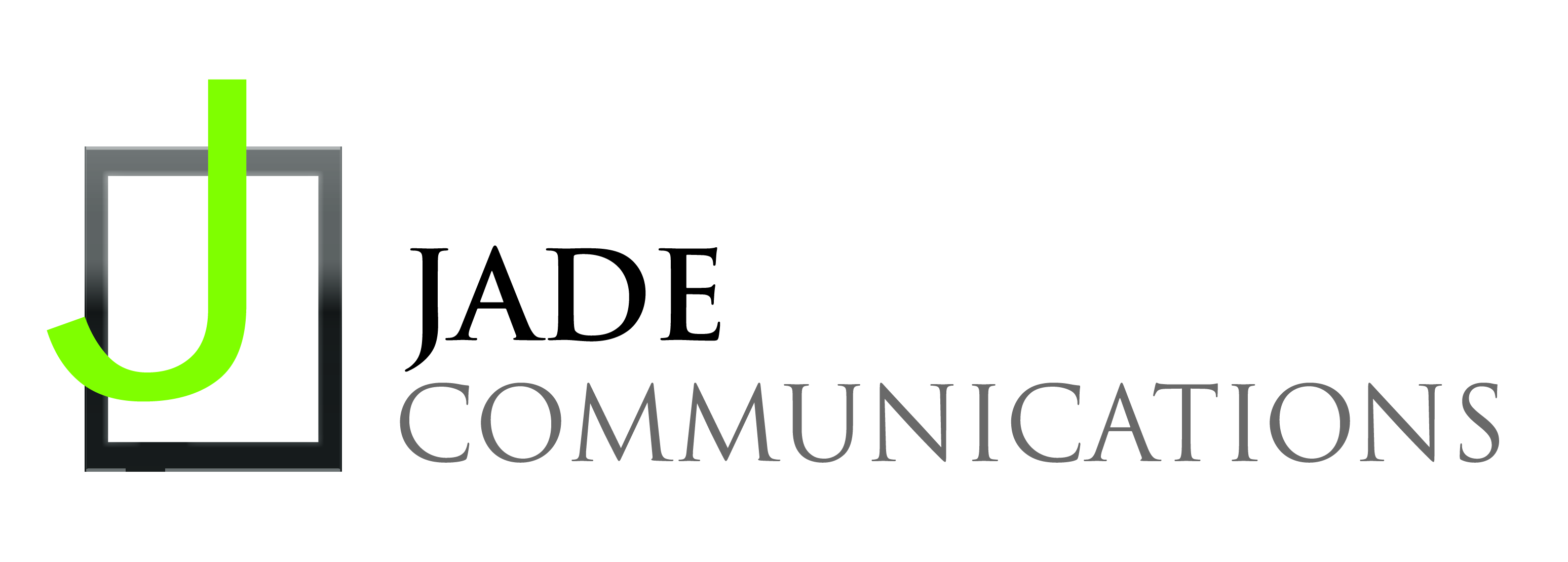Doctor visits are usually stressful for most patients and in order for the formation of a good Doctor- Patient relationship that good interpersonal communication is deployed by the Doctors. The Communication between Doctors and patients has been clearly demonstrated to affect many aspects beyond just cure to also making the patient comfortable right from those first visits.
Great Interpersonal Communication Skills by Doctors is among the foundations needed for a successful 21st Century medical practice. The doctor with such abilities are not only able to understand the patient, but to also treat them as individuals with their own needs and problems, rather than a disease condition, and it also helps patients to understand their medical condition and actively participate in taking care of themselves.
We live in the information age and easy access of information by patients makes it crucial for Physicians to effectively learn how to communicate during those encounters with informed patients. Interpersonal Communication skills also come into play during difficult patient encounters such as those where there are strong emotions, stressed families or uncomfortable conversations like discussion end of life.
Jade Communication draws from its experience in training and Coaching Medical practitioners in public or private practice and those within Health Management Organizations to structure and conduct this high impact program.
How It Works
After an initial consultation conducted between the client, our resident Medical Consultant and Communication Coach we can have the program contextualized and designed further to specifically suit the client needs and schedule.
Content
- Principles of effective Interpersonal Communication
- Clinical Communication theory through examples of the good and bad communication.
- Dealing with difficult patient- doctor interactions.
- Mapping out potential patient, stakeholder, patient family interactions you will be involved in.
- The Self in Interpersonal Communication.
- Analyzing your Audiences (Patients, other Stakeholders)
- Understanding the doctors communication style and how it influences interactions.
- Speed Reading Patients communication styles and adapting to enhance connection.
- Developing and Communication Empathy.
- The Art of Conversation (Practical examination room scenario)
- Developing the Trust Factor
- Understanding others
- Managing difficult conversations with colleagues and patients.
- Practical techniques for apologizing when things go wrong and maintaining your dignity as a doctor. (Discussion on ethical and legal parameters analysis in apologies)
- Ethnocentrism and how it affects patient- doctor interactions.
- Becoming a good listener.
- Predicting Response
- Understanding Non-Verbal aspect of Interpersonal Communication
- Practical techniques for Involving a Communication Partner.
Features:
Fine-tuning Clinical Situation Awareness
- Observation of the World around and how to process meaning
- Using Decision making techniques to leverage lessons learnt.
Non-Verbal Communication
- Reading Body Language
- Dangerous Body Language
- Friendly Body Language
- Vulnerable Body Language
- Detecting Deception
Who Should Participate
Doctors and Medical Personnel, Personnel from Health Management Organizations.
Duration
30 Hours or 15 Sessions
Your Investment
Starts from KES 149,999 or $ 1,499

